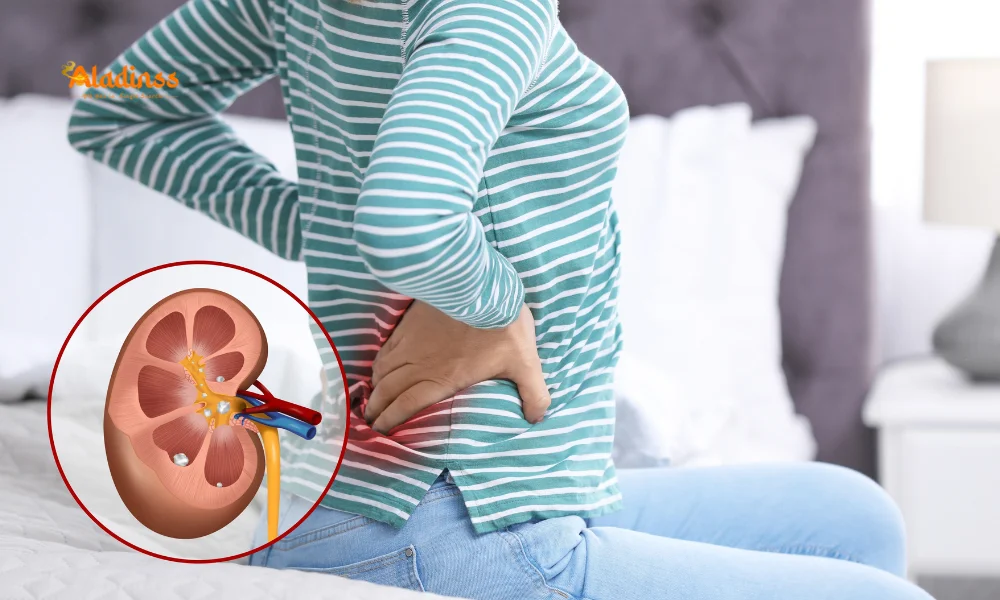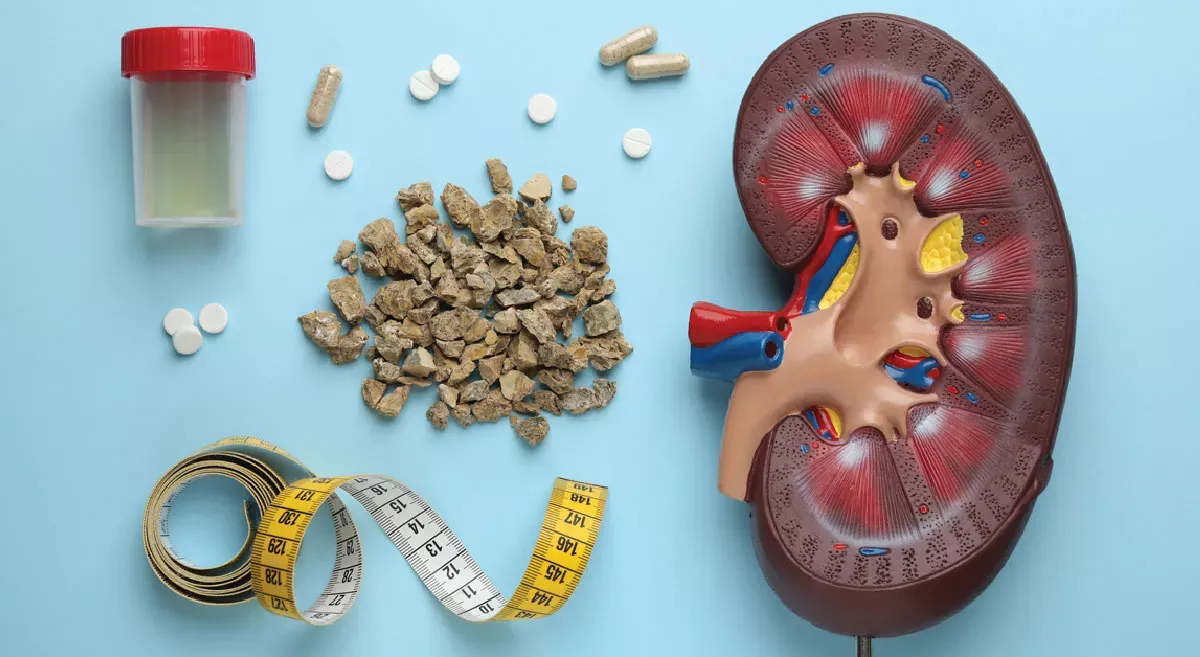Diet and Kidney Stones: Can Pickles Increase Your Risk?

Diet and Kidney Stones: Can Pickles Increase Your Risk?
Kidney stones are a painful condition that affects millions worldwide. While genetics and medical conditions play a role, diet is a key factor in both preventing and increasing the risk of kidney stone formation. One question that often arises is whether consuming pickles, a popular salty snack, can contribute to kidney stones. This article explores the relationship between diet, pickles, and kidney health, offering practical tips to reduce your risk.

Understanding Kidney Stones and Diet
Kidney stones are hard deposits of minerals and salts that form in the kidneys. They can cause severe pain, urinary issues, and even infections if not managed properly. Diet plays a crucial role in kidney stone prevention because certain foods can either promote or inhibit the formation of these stones. For instance, excessive salt, sugar, or oxalate-rich foods can increase the risk, while hydration and specific nutrients like citrate can help prevent stones.
Do Pickles Cause Kidney Stones?
Pickles are high in sodium due to the salt used in the pickling process. High sodium intake can increase calcium levels in the urine, which may contribute to the formation of calcium-based kidney stones, the most common type. While pickles alone may not directly cause kidney stones, excessive consumption, especially in a diet already high in sodium, could elevate the risk. Moderation is key, and pairing pickles with low-sodium foods can help mitigate potential risks.
Foods to Include for Kidney Stone Prevention
A balanced diet rich in specific nutrients can significantly lower the risk of kidney stones. Here are some foods to incorporate into your daily meals:
- Citrus Fruits: Lemons, oranges, and limes are rich in citrate, which binds to calcium in the urine, reducing stone formation. Try drinking freshly squeezed lemon water daily or adding citrus slices to your meals. Avoid sugary store-bought juices, as excess sugar can harm kidney health.
- Calcium-Rich Foods: Contrary to popular belief, dietary calcium from foods like milk, yogurt, and kale can help. These bind with oxalate in the intestines, preventing it from reaching the kidneys. Avoid calcium supplements unless prescribed by a doctor.
- Hydration: Drinking 2-3 liters of water daily is essential for diluting urine and flushing out stone-forming substances. Herbal teas or infused water can add variety while keeping you hydrated.
- Low-Oxalate Vegetables: Opt for vegetables like cabbage, cauliflower, and zucchini, which have low oxalate levels. Boiling these vegetables can further reduce oxalate content, making them safer for kidney health.
Foods to Avoid to Protect Your Kidneys
Certain foods can increase the risk of kidney stones and should be consumed in moderation or avoided. Here’s what to watch out for:
- High-Oxalate Foods: Spinach, beetroot, sweet potatoes, almonds, and cashews are high in oxalate, which can bind with calcium to form stones. Pairing these with calcium-rich foods like yogurt can help reduce the risk.
- High-Sugar and Processed Foods: Soft drinks, sweets, and junk foods like chips and bakery items can strain the kidneys. Opt for fresh fruits or unsalted nuts as healthier alternatives.
- Excessive Animal Protein: Red meat, seafood, and organ meats can increase uric acid levels, leading to stone formation. Plant-based proteins like lentils and chickpeas are safer choices.
- Salty Foods: High-sodium foods like pickles, chips, sauces, and processed meats can elevate calcium in the urine. Use herbs and spices for flavor instead of salt.
Lifestyle Tips for Kidney Health
In addition to dietary changes, maintaining a healthy lifestyle can further reduce the risk of kidney stones. Regular exercise, maintaining a healthy weight, and avoiding dehydration are crucial. Always consult a healthcare professional before making significant dietary changes, especially if you have a history of kidney stones or other medical conditions.
Conclusion
Kidney stones can be excruciating, but small dietary adjustments can make a big difference in preventing them. While pickles may not directly cause kidney stones, their high sodium content suggests moderation, especially in a high-salt diet. Focus on hydration, citrus fruits, calcium-rich foods, and low-oxalate vegetables to support kidney health. Avoid high-oxalate, sugary, and salty foods to minimize risk. By making informed food choices, you can protect your kidneys and reduce the likelihood of painful kidney stones.
Disclaimer: This article is for informational purposes only and does not constitute medical advice. Consult a doctor for personalized guidance on kidney health.
Comment / Reply From
No comments yet. Be the first to comment!






